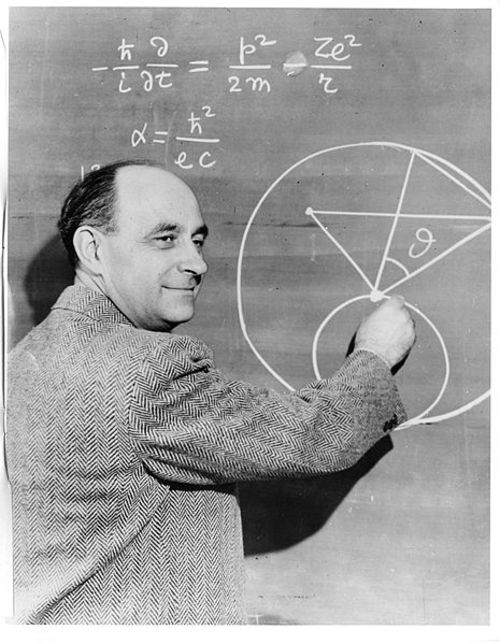I Find Blackboards Cool
 I have an infinite number of
1
′
s
written on a blackboard.
I have an infinite number of
1
′
s
written on a blackboard.
Jake chooses 2 of the integers p and q and replaces them with 4 p + q = k 1 . (he removes p and q and then writes 4 p + q )
Now he repeats the process with the number k 1 and another integer to achieve k 2 , and repeats again with the number k 2 and another integer to achieve k 3
k 2 = 4 1 + k 1 , k 3 = 4 1 + k 2
Since he is an immortal, he does this again and again until he is left with only a single number...
Given that this number can be expressed as b a , find a + b
Try my Other Problems
The answer is 4.
This section requires Javascript.
You are seeing this because something didn't load right. We suggest you, (a) try
refreshing the page, (b) enabling javascript if it is disabled on your browser and,
finally, (c)
loading the
non-javascript version of this page
. We're sorry about the hassle.
3 solutions
You haven't proof that it converges. Btw, hi immortal.
Log in to reply
For any k ≥ 3 1 , k ≥ 4 1 + k ? And hello to you too.
A rigorous proof :
k 2 = 4 1 k 1 + 4 1
k 3 = 4 1 k 2 + 4 1 = 4 2 1 k 1 + 4 1 + 4 2 1
k n + 1 = 4 n 1 k 1 + i = 1 ∑ n 4 i 1
Thus,
n → ∞ lim k n + 1 = n → ∞ lim 4 n 1 k 1 + i = 1 ∑ n 4 i 1 = 1 − 1 / 4 1 / 4 = 3 1 = b a
Thus, a + b = 1 + 3 = 4
Trying the problem from a mortal's perspective helps approach the right answer:
1 2 3 4 5 6 7 8 9 10 11 12 |
|
Output:
Answer: 0.333333333333
The numbers k n and k n + 1 , as n gets larger ( n → ∞ ), should have less and less difference between them, ie k n ∼ k n + 1 ∼ 4 1 + k n .
Alternatively, think of k n as
k n = 4 1 + 4 1 + 4 1 + … = 4 1 + k n
By these two perspectives, solving for k n , we get
k n = 4 1 + k n ⟶ k n = 3 1